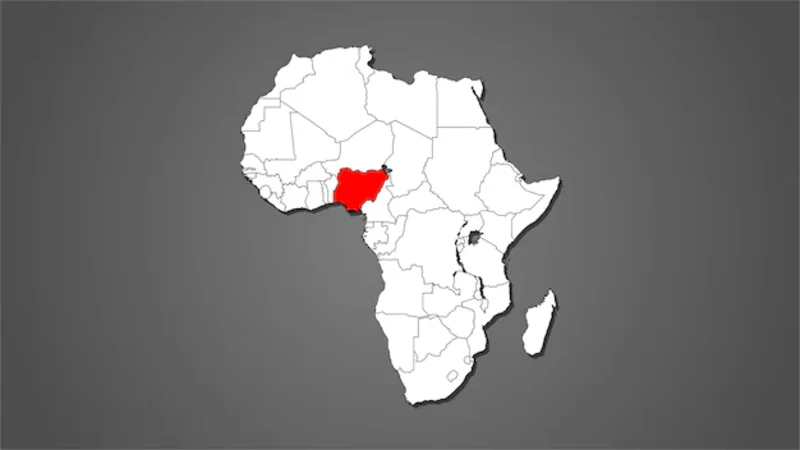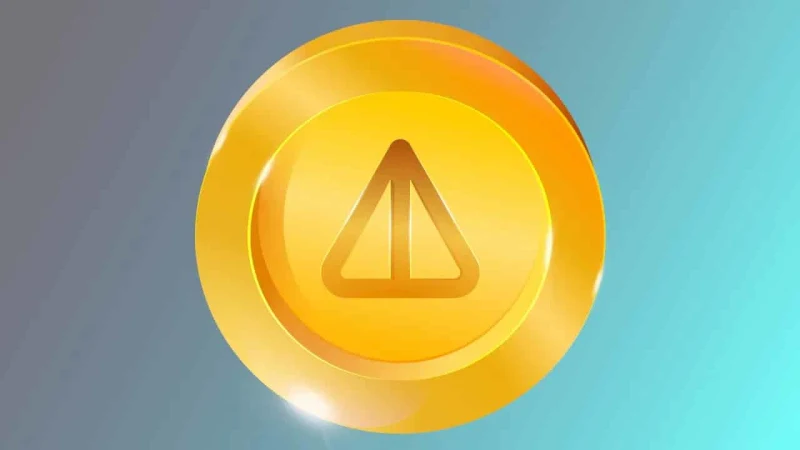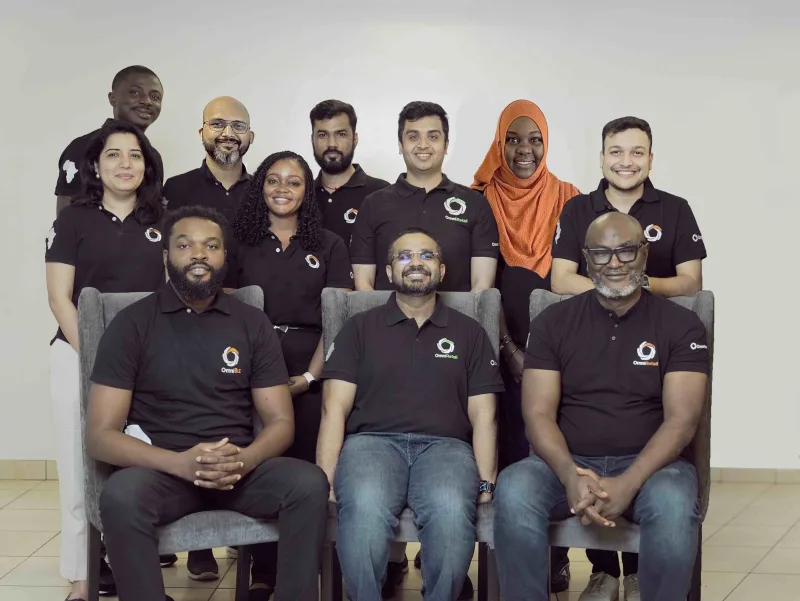
Last week, we explored Africa’s growing gaming industry with a focus on the progress it has experienced in recent years. We expanded on the continent’s slow and steady growth as we looked at a few remarkable funding rounds by game tech companies. We also explained that gaming in Africa is made possible by a number of infrastructures like internet access, access to affordable and viable mobile devices as well as gaming consoles and a vibrant youthful population in the continent.
Today, we take another quick look at Africa’s gaming industry as we explore areas for growth and opportunities.
Undoubtedly, Africa's gaming technology industry is experiencing a steady surge in growth, driven by advancements in technology and increasing connectivity across the continent. And while the gaming industry in Africa has long been described as just coming into existence, gaming as an activity is not strange in Africa as a 2021 report by Newzoo and Carry1st suggests that Subsaharan Africa spends over $594 million in gaming. The report also expressed that in the space of six years, Sub-Saharan African gamers have grown from 77 million to 186 million.
This goes to show that there is an even potential for growth and opportunities for the gaming technology industry in Africa and a few ways to achieve this is by leveraging newer technologies like Blockchain and Artificial Intelligence. With the emergence of these technologies, new opportunities are arising that have the potential to revolutionise the gaming landscape in Africa.
READ ALSO - Leveraging Growth Marketing Tactics to Secure VC Funding
Leveraging Blockchain
In 2021, a software developing company in Nigeria, Gamic, developed a blockchain-enabled platform for gamers to socialise and earn while playing games. On the Gamic app, users can build and manage their own communities, buy, store, collect NFTs, and exchange & earn crypto on the platform. The uniqueness of this platform is its decentralised nature and its attempt to foster community engagement using gaming which is altogether made possible by the use of blockchain technology.
In the same year, Nigerian tech platform, Artist3, developed the country’s first blockchain-enabled end-to-end digital ecosystem designed for creatives to create and sell Non- Fungible tokens (NFTs) This platform connects artists, creators and art collectors in a way that also fosters community. And because of its decentralised nature, Artist3 makes it easier for creators to take control of their sales and art - removing the bottlenecks that come with the traditional transactional trajectory of the creator space in Nigeria.
The possibilities with blockchain technology also go beyond its unique decentralised nature. With Blockchain technology, African game developers can provide increased security and transparency in gaming transactions, ensuring fair play and eliminating fraudulent activities. Gamers and game enthusiasts alike can build on this to trust game tech developers, thereby eliminating doubt. Furthermore, implementing decentralised ledger systems can enable secure in-game asset ownership and transparent verification of transactions. Smart contracts on blockchain platforms can facilitate automated and trustworthy interactions between players, game developers, and other stakeholders.
Blockchain is also primarily based on cryptocurrencies which can facilitate seamless cross-border payments, eliminating the complexities and costs associated with traditional banking systems. By leveraging blockchain, gaming companies can create decentralised marketplaces where players can trade virtual assets, creating new revenue streams and fostering a vibrant gaming economy.
Leveraging Artificial Intelligence
AI-powered algorithms can analyse player behaviour, preferences, and patterns, enabling game developers to deliver personalised gaming experiences tailored to individual players. AI can enhance game design, character development, and storytelling, creating immersive and engaging gameplay that resonates with African players.
Intelligent virtual assistants can also enhance player support, providing instant responses to inquiries and offering personalised recommendations. AI and machine learning can analyse vast amounts of gaming data, providing valuable insights into player behaviour, market trends, and game performance. And by leveraging data analytics, gaming companies can make informed decisions regarding game development, marketing strategies, and monetization models, increasing the chances of success.
READ ALSO - How Effective Are AI-Generated Content in the African Content Market?
AI can also drive growth and opportunities for Gaming Startups with its ability to
create Intelligent NPCs (Non-Player Characters) and their content moderation to ensure player safety.
Other areas for growth and opportunity include:
Localisation and Cultural Representation: African gamers often seek gaming experiences that reflect their own culture, traditions, and identities.
Game developers have an opportunity to create localised content that resonates with African players, incorporating African folklore, characters, and themes into their games. By embracing cultural diversity and representation, the gaming industry can attract a larger audience and cultivate a sense of pride among African gamers.
Collaborations and Partnerships: Collaboration between local game developers, international studios, and other industry stakeholders can foster innovation, knowledge sharing, and resource pooling. Partnerships with telecommunications companies, payment providers, and content distribution platforms can also facilitate the monetisation and distribution of games, reaching a larger audience.
Esports and Competitive Gaming: Esports, or competitive gaming, is gaining traction in Africa, with an increasing number of tournaments, leagues, and professional teams emerging across the continent. This presents a unique opportunity for African gamers to showcase their skills, compete on a global stage, and potentially earn a living through professional gaming. Investing in esports infrastructure, organizing local tournaments, and fostering talent development can contribute to the growth of the industry and create a thriving esports ecosystem in Africa.
Africa's gaming technology industry is poised for significant growth and presents a multitude of opportunities. With the rise of mobile gaming as explored in our previous publication and the emergence of high-end technologies, the industry is set to flourish. By embracing these areas of growth and seizing the opportunities they provide, Africa's gaming technology industry can establish itself as a dynamic and thriving sector with a global impact.
Tags
Gaming in Africa
AI for Gaming
Blockchain Technology
Categories
Featured
Similar News
Are you a start-up or an entrepreneur in Africa?
Subscribe to our mailing list



